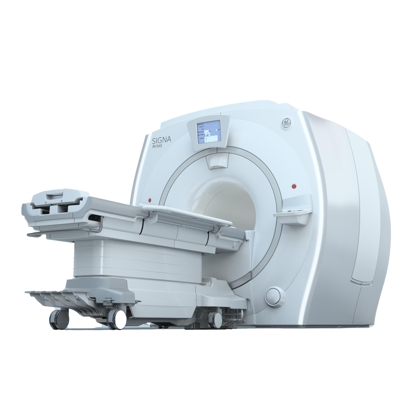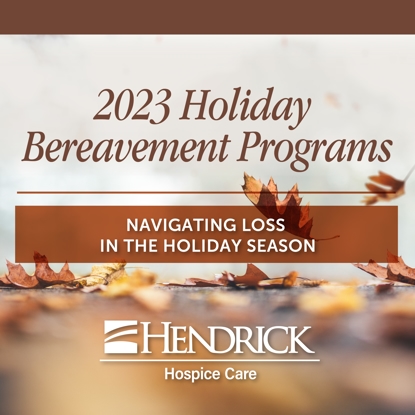Hendrick Diabetes Center offers individualized self-management educational programs
- Category: News, Diabetes Care, Hendrick Clinic
- Posted On:

Diabetes is a significant public health issue, with an estimated 13.2% of adult Texans (or 3.1 million) diagnosed with the condition. That rate is higher than the national average of 11.6% (or 38.4 million) of the American population, according to statistics from the American Diabetes Association (ADA).
The importance of Diabetes Awareness Month in November is especially evident in a more alarming statistic: The ADA estimates that 97.6 million Americans aged 18 and older have prediabetes, which means their blood glucose levels are higher than normal but not yet at the level for a diabetes diagnosis.
“A diagnosis of diabetes initially can seem overwhelming, but the good news is that medications, the latest blood glucose monitoring systems and lifestyle changes can help manage the condition and reduce complications,” said Michelle Hale, MSN, RN, certified diabetes care and education coordinator at Hendrick Diabetes Center.
With prediabetes, lifestyle changes through healthy meals and exercise can have a dramatic impact in preventing diabetes or delaying the condition.
Diabetes hampers the body’s ability to effectively use blood glucose (or blood sugar). With the condition, the body doesn’t make enough – or any – of a hormone called insulin, which helps glucose to be used for energy as intended. Instead, glucose builds up in the blood.
Because uncontrolled diabetes can complicate conditions affecting the heart, kidneys, eyes, nerves and other organs, Americans with diabetes have medical expenses approximately 2.6 times higher than those without diabetes.
At the Hendrick Diabetes Center, educational programs to empower individuals with diabetes or prediabetes are available, based on a referral from their primary care provider. Classes are available in Abilene and Brownwood and are taught by registered nurses, certified diabetes educators and registered dietitians. For more information, visit hendrickhealth.org/diabetes, or call 325-670-2421.



